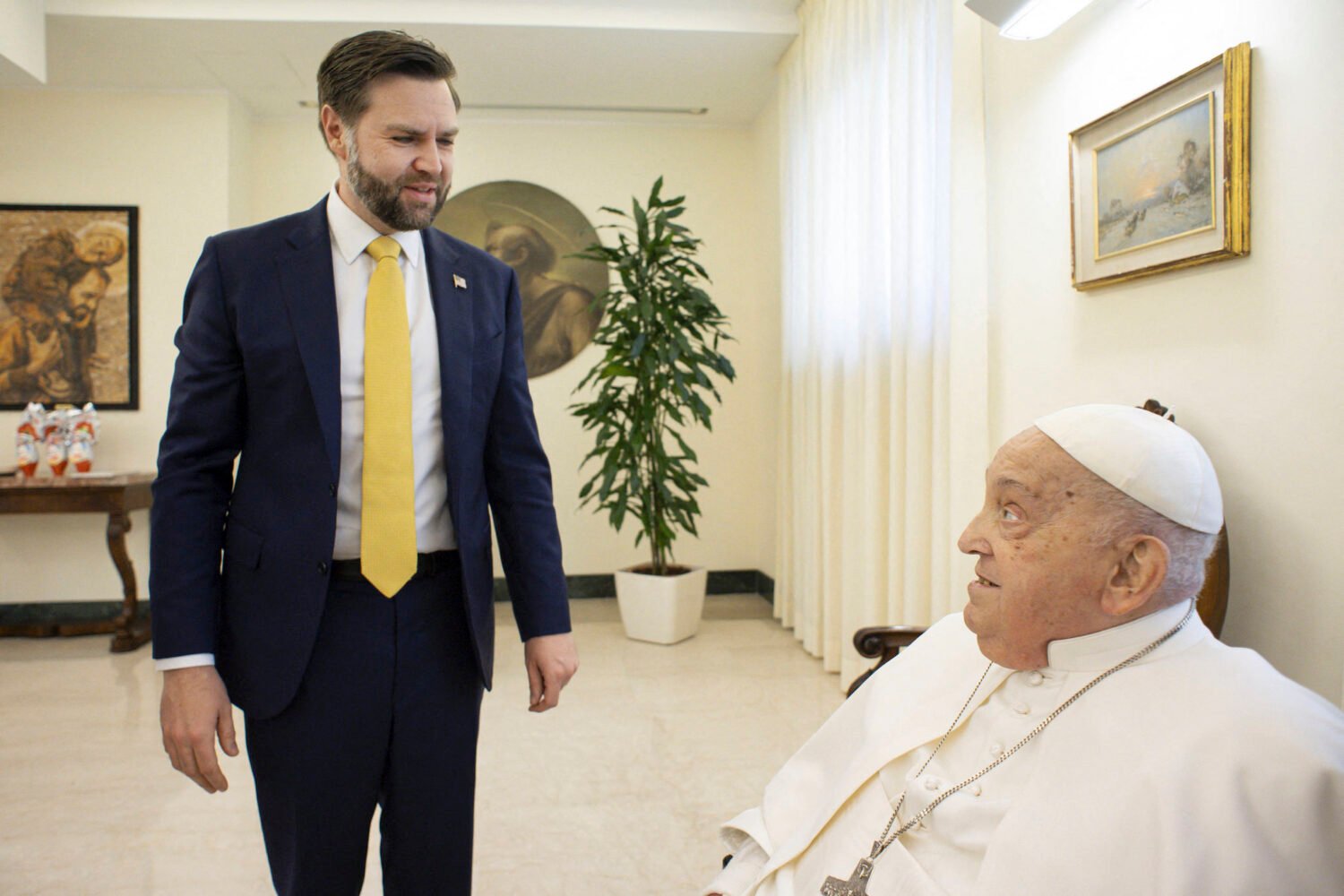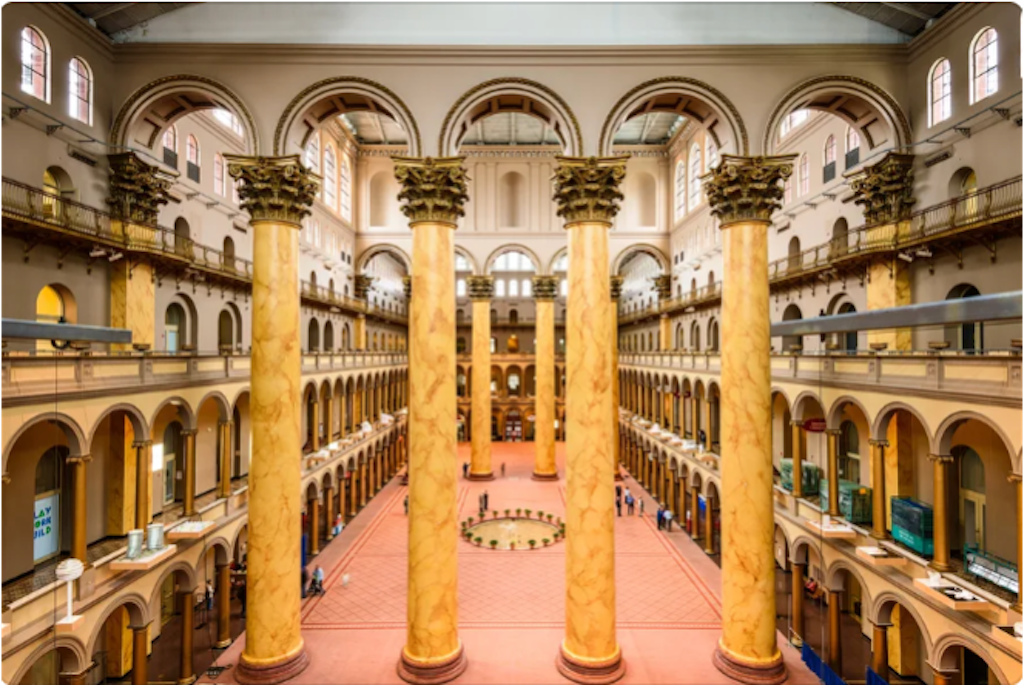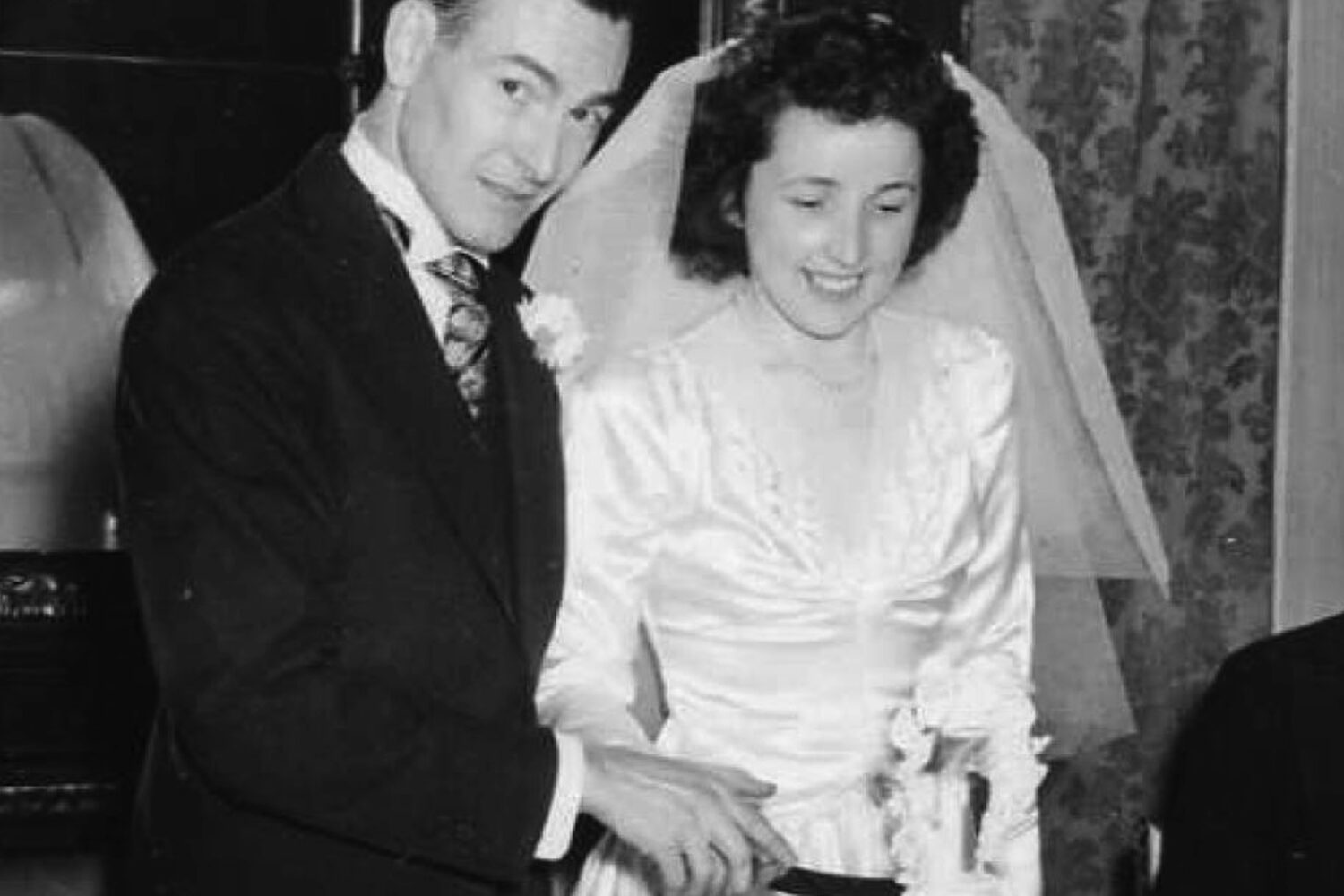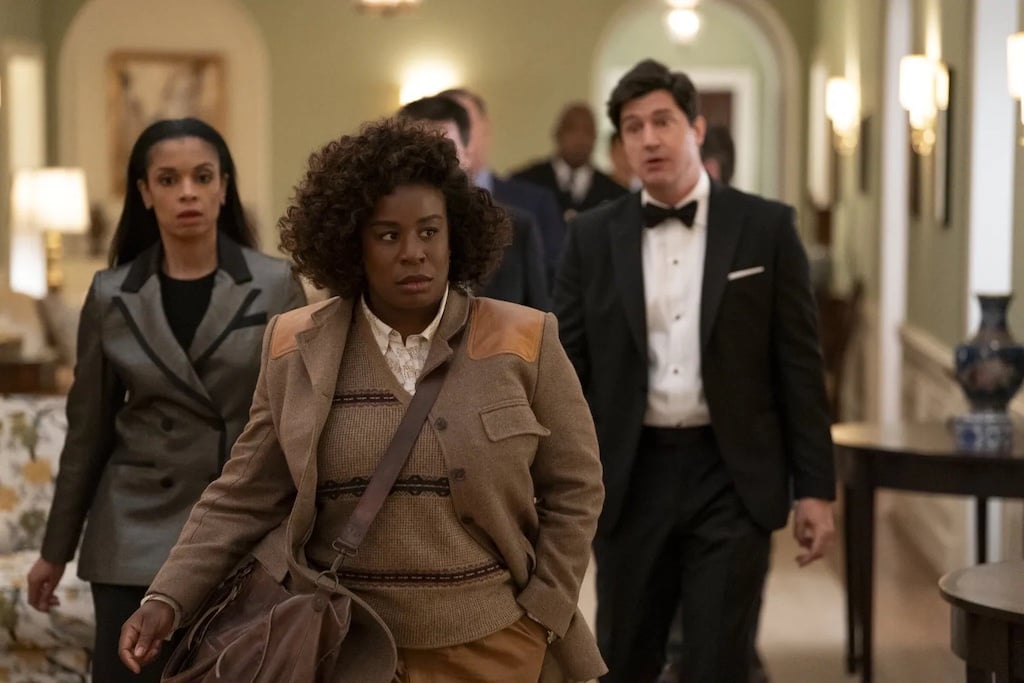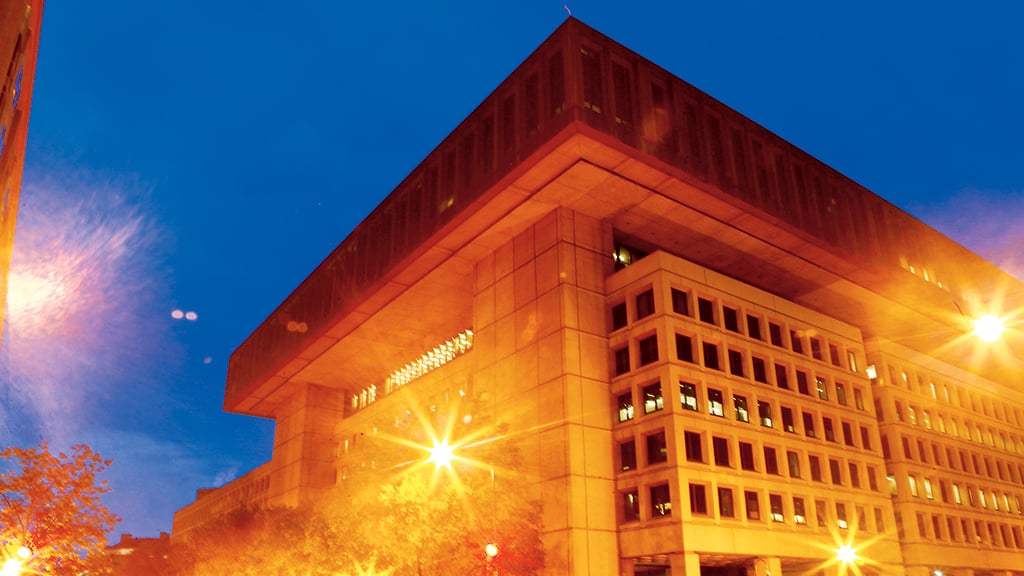The Washington Post is short-listing the possible candidates to replace Robert Mueller as FBI Director, after he ends his tenure this summer. At the top of the list, says the paper, is Lisa Monaco, who recently ran the National Security Division at the Justice Department, was Mueller’s longest-serving chief of staff, and is now at the White House in CIA Director John Brennan’s old job.
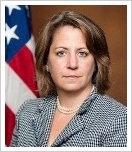
The list could probably stop at Monaco, given how improbable the other people on it are. Putting aside Monaco’s legitimate credentials, and the fact that her name has indeed been making the rounds over the past few months–I’ve heard it from the lips of FBI watchers and former Justice Department officials–the other people on this list are not likely to want the job or be able to easily sail through confirmation.
Let’s take them one at a time.
Merrick Garland is an esteemed jurist, chief of the U.S. Appeals Court for the D.C. Circuit, and widely seen as a potential nominee for the Supreme Court. Why on earth would he give that up to be the FBI Director? Garland has also been out of the game, on the executive branch side, for a long time. He took his seat on the bench in 1997. The Justice Department he worked in during the Oklahoma City bombing and the Unabomber investigation was a very different place than it is now. He is also, perhaps, too closely associated in the eyes of many experts with the he culture of the department pre-9/11, when intelligence and law enforcement operations were separated by statute, mistrust, and misunderstanding.
James Comey, who was deputy attorney general to John Ashcroft, is, by my read, greatly enjoying his life in the private sector and the benefits that go with it. He has recently worked for defense contractor Lockheed Martin, the high-profile hedge fund Bridgewater, and recently took a seat on the board of directors of HSBC Holdings. Comey cares deeply about national security and counterterrorism issues, but he can exert a lot of influence in those areas from his private perch, which brings him into proximity with decision makers in business and in government. Also, I think that Republicans would see him as too liberal, and Democrats would see him as too conservative. (A testament to his intellectual honesty, perhaps, but not likely to make him a shoe in for Senate confirmation.) And PS–Did you catch the part about him working for a defense contractor and a hedge fund? Optics problems abound here, fairly or not.
Patrick Fitzgerald’s name gets trotted out whenever there’s a vacancy in a senior Justice post. I think people toss it onto every short list just to make it look longer. His political baggage as the prosecutor of Scooter Libby is enough to kill his chances.
Neil MacBride, maybe in five years or so. He needs more seasoning. If he’s truly on a short list, and not just thrown in artificially, he’s a longshot.
For good measure, or maybe for levity, the Post also quotes the national executive director of the Fraternal Order of Police, Jim Pasco, who suggests the White House consider Philadelphia Police Commissioner Charles Ramsey, who used to be the D.C. Police Chief and who has never held a federal position, or Ray Kelly, the New York Police Commissioner. Who is 71 years old.
It’s worth noting that Garland, Comey, and Fitzgerald also surfaced on a short list reported in the Wall Street Journal in 2011, along with Ken Wainstein, Michael Mason, John Pistole, and Jamie Gorelick, whose names aren’t surfacing now. (Although, I know some non-partisan experts who think highly of Wainstein and have mentioned he’d be a good candidate.)
And missing from the Post’s article are some names that seem more plausible than the ones reported. For instance, how about David Kris? I doubt he’s interested in returning to Washington from his corporate counsel job in Seattle, but he’s got more obvious credentials in the operational aspects of law enforcement and intelligence than many of the candidates on the current list. For that matter, why not Fran Townsend? Granted, she’s a Republican, and probably quite content in private practice and working as an on-air analyst for CNN. But if we’re talking about plausible candidates here, you have to look to people who have done substantial work of the kind that will consume much of the FBI Director’s attention.
Monaco really fits that bill more than anyone on the list, in terms of her recent experience and its depth. Also, nominating her would allow President Obama to make history; a woman has never led the FBI. As I noted last week, after Obama picked Julia Pearson to run the Secret Service, the tide has obviously turned in favor of more women in top security positions. Even if Monaco doesn’t get the nod for the FBI, a woman eventually will, and not, I think, in the distant future.



